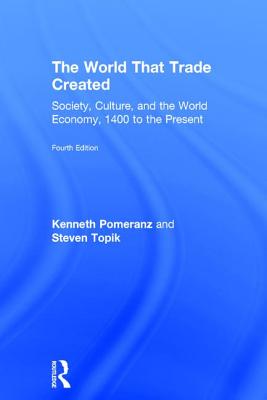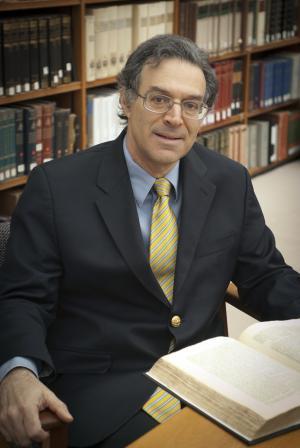

 Routledge
Routledge
The World That Trade Created: Society, Culture, and the World Economy, 1400 to the Present


Key Metrics
- Kenneth Pomeranz
- Routledge
- Hardcover
- 9781138680739
- -
- -
- Business & Economics > International - Economics & Trade
- English
 Secure Transaction
Secure TransactionBook Description
The World That Trade Created brings to life the history of trade and its actors. In a series of brief, highly readable vignettes, filled with insights and amazing facts about things we tend to take for granted, the authors uncover the deep historical roots of economic globalization.
Covering over seven hundred years of history, this book, now in its fourth edition, takes the reader around the world from the history of the opium trade to pirates, to the building of corporations and migration to the New World. The chapters are grouped thematically, each featuring an introductory essay designed to synthesize and elaborate on key themes, both familiar and unfamiliar. It includes ten new essays, on topics ranging from the early modern ivory and slave trades across the Indian Ocean, to the ways in which the availability of new consumer goods helped change work habits in both Europe and East Asia, and from the history of chewing gum to that of rare earth metals. The introductory essays for each chapter, the overall introduction and epilogue, and several of the essays have also been revised and updated.
The World That Trade Created
continues to be a key resource for anyone teaching world history, world civilization, and the history of international trade.Author Bio
Kenneth Pomeranz is a University Professor of History and in the College; he previously taught at the University of California, Irvine. His work focuses mostly on China, though he is also very interested in comparative and world history.
Most of his research is in social, economic, and environmental history, though he has also worked on state formation, imperialism, religion, gender, and other topics.
His publications include The Great Divergence: China, Europe, and the Making of the Modern World Economy (2000), which won the John K. Fairbank Prize from the AHA, and shared the World History Association book prize; The Making of a Hinterland: State, Society and Economy in Inland North China, 1853–1937 (1993), which also won the Fairbank Prize; The World that Trade Created (with Steven Topik, first edition 1999, 3rd edition 2012), and a collection of his essays, recently published in France.
He has also edited or co-edited five books, and was one of the founding editors of the Journal of Global History. He is a fellow of the American Academy of Arts and Sciences and has received fellowships from the Guggenheim Foundation, the American Philosophical Society, American Council of Learned Societies, the Institute for Advanced Studies, the National Endowment for the Humanities, and other sources.
His current projects include a history of Chinese political economy from the seventeenth century to the present, and a book called Why Is China So Big? which tries to explain, from various perspectives, how and why contemporary China's huge land mass and population have wound up forming a single political unit.
Research Interests
Reciprocal influences of state, society, and economy in late Imperial and twentieth-century China; the origins of a world economy as the outcome of mutual influences among various regions; environmental history in China; comparative studies of labor, family organization, and economic change in Europe and East Asia; expansion of China to its present frontiers.
Source: The Department of History University of Chicago
Videos
No Videos
Community reviews
Write a ReviewNo Community reviews